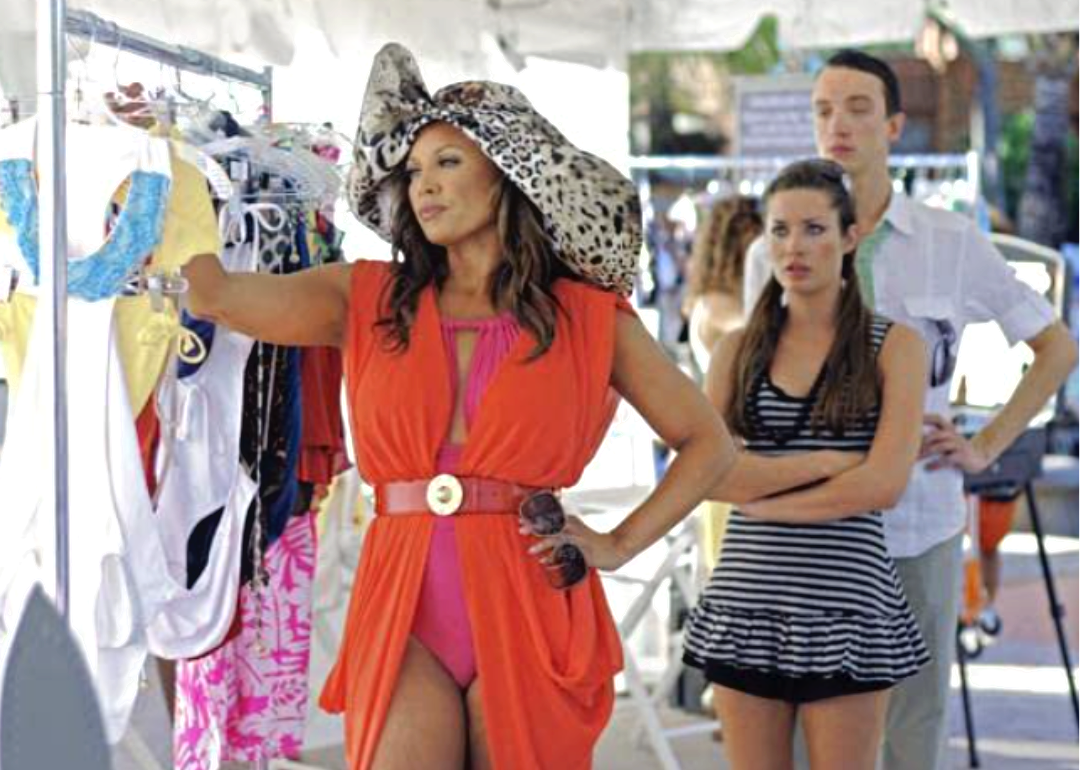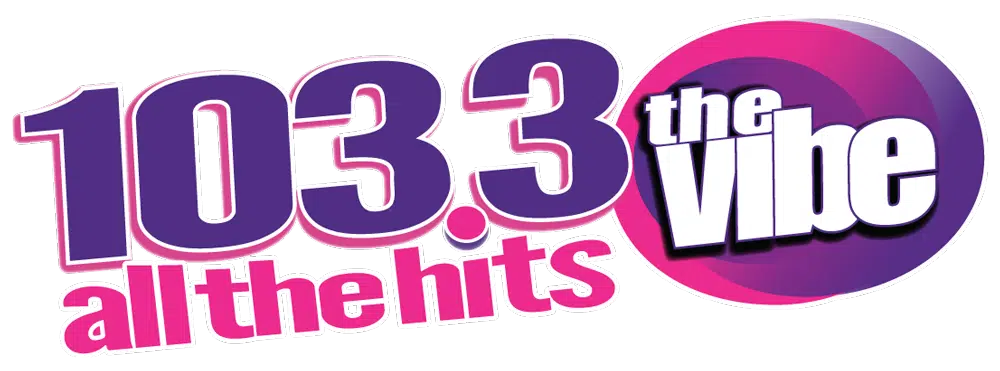Fox 2000 Pictures Some of the most notoriously awful managers have emerged from TV and film. And while you can count yourself lucky to have never worked under the greedy–and cartoonishly nefarious–tendencies of fictional bosses like Mr. Burns in The Simpsons, it’s more likely you’ve encountered Michael Scott’s nurturing-yet-zany unprofessionalism or survived Miranda Priestly’s icy leadership at your real 9-to-5. Pyn dug into cinema and TV history to spotlight 10 unforgettably (and, at times, comically) terrible bosses to appear on screen. At work, it isn’t just about the money; bad leadership can make or break whether an employee sticks it out. Eighty-two percent of American workers admitted they would potentially quit their jobs because of a bad manager, according to a GoodHire survey of 3,000 full-time American employees published in January 2022. The report also showed most Americans dislike micromanagers who demand employees work beyond their typical hours. In showbiz, the “good guy” usually comes out on top–but there are plenty of instances when the antagonist carries the storytelling of a creative work just as much as the main character. The forthcoming bosses share numerous undesirable traits–from egotistical and arrogant to undermining and intimidating–that bring to life a character that audiences love to hate. But in real life, bosses with these soul-crushing and downright toxic tendencies–think Gordon Gekko in “Wall Street”–aren’t entertaining at all. In fact, they’re guaranteed to disrupt an office and wreak havoc on a person’s mental health. On the screen, however, these characters may reach iconic status for precisely the traits that would make them nightmares to work for in real life. Read on to see if you recognize any of the personality quirks that these terrible bosses brought to life on the screen. And if you do, consider that a red flag for a healthy workplace. Bill Lumbergh from ‘Office Space’ Twentieth Century Fox Bill Lumbergh (Gary Cole) is the smug, suspenders-wearing vice president of Initech. He’s often arrogant, greets his employees in a dismissive monotone voice, and has a somewhat passive-aggressive demeanor about him. Bill also has a reputation for asking workers to come in during off hours–even on Sunday–and doesn’t pause to hear what they have to say. No wonder his efforts to promote office morale aren’t taken seriously. Lumbergh’s interactions are punctuated by “yeahs” and “mmkays” while speaking to his employees in a condescending tone. Needless to say, he’s won no Boss of the Year awards. Alan Brady from ‘The Dick Van Dyke Show’ Calvada Productions Alan Brady (Carl Reiner) is the loud, demanding, toupee-sporting host of the fictional TV program “The Alan Brady Show,” for which he manages a stable of comedy writers. Despite being the boss of the entire operation, Brady’s face remains hidden until the show’s fourth season. Before then, viewers would only hear his voice of frustration–a move adding to his apathetic demeanor and disconnect from his employees. Brady’s face is revealed for the first time in season four’s episode “Three Letters from One Wife.” Reiner, as one of the creators and writers for “The Dick Van Dyke Show,” wanted to get a huge TV star to portray the role of Brady but wound up taking the role himself. Miranda Priestly from ‘The Devil Wears Prada’ Fox 2000 Pictures Adored yet feared by her staff, Miranda Priestly (Meryl Streep) is the famed editor in chief of the fictional fashion publication Runway. The film follows aspiring journalist Andrea Sachs (Anne Hathaway) who is fresh out of college when she lands what many would consider a dream job: junior assistant to the famed (and infamous) Priestly. However, Andrea soon learns that all that glitters isn’t gold–Priestly is intimidating, has many unreasonable demands, and is sometimes downright cruel. To keep her high-level position at the publication, Priestly even betrays her friend Nigel (Stanley Tucci), an art director at the magazine. The film, which earned two Oscar nominations, was inspired by a 2003 book of the same title written by Lauren Weisberger, a former personal assistant to Anna Wintour, the notorious editor in chief of Vogue magazine. Michael Scott from ‘The Office’ NBC Universal Television Michael Scott (Steve Carell) is the obnoxious regional manager of Dunder Mifflin, a fictional paper supply company from “The Office.” Michael craves attention and desperately needs to be liked by everyone. Michael went so far as to proclaim himself the “World’s Best Boss,” despite being clueless about his inappropriate, arrogant behavior. In season one’s “Diversity Day” episode, for example, Michael comes up with the madcap idea to stick cards labeled with various ethnicities on his employees’ foreheads and insists they speak to one another according to these ethnic markers. The episode, written by “Office” castmate B.J. Novak, was a satirical approach to diversity policies in the workplace. Michael’s character evolves as “The Office” progresses. He displays less erratic behavior and a more sensitive side of his personality–although that doesn’t exactly make him any easier to work with–or tolerate. Gordon Gekko from ‘Wall Street’ Twentieth Century Fox “Greed is good.” With those three words, Gordon Gekko (Michael Douglas) seemed to encapsulate the entirety of Wall Street in the 1980s. A money-hungry investment banker determined to be on top, Gordon’s greed and ruthless disposition have already established his reputation as a shark in the finance world. However, younger brokers still look up to him, especially Bud Fox (Charlie Sheen), to whom Gordon eventually serves as a mentor, demanding loyalty at all costs. Born on Long Island with a middle-class upbringing, Gordon takes pride in having accumulated his wealth on his own merit without certain privileges. The narcissistic Wall Street player eventually falls under the scrutiny of law enforcement, which Fox assists after Gordon attempts to dismantle the airline Fox’s father has worked at his entire life. Douglas’ portrayal of the villainous character earned him the Academy Award for Best Actor in 1988. Mr. Burns from ‘The Simpsons’
10 unforgettably terrible bosses from movie and TV history















